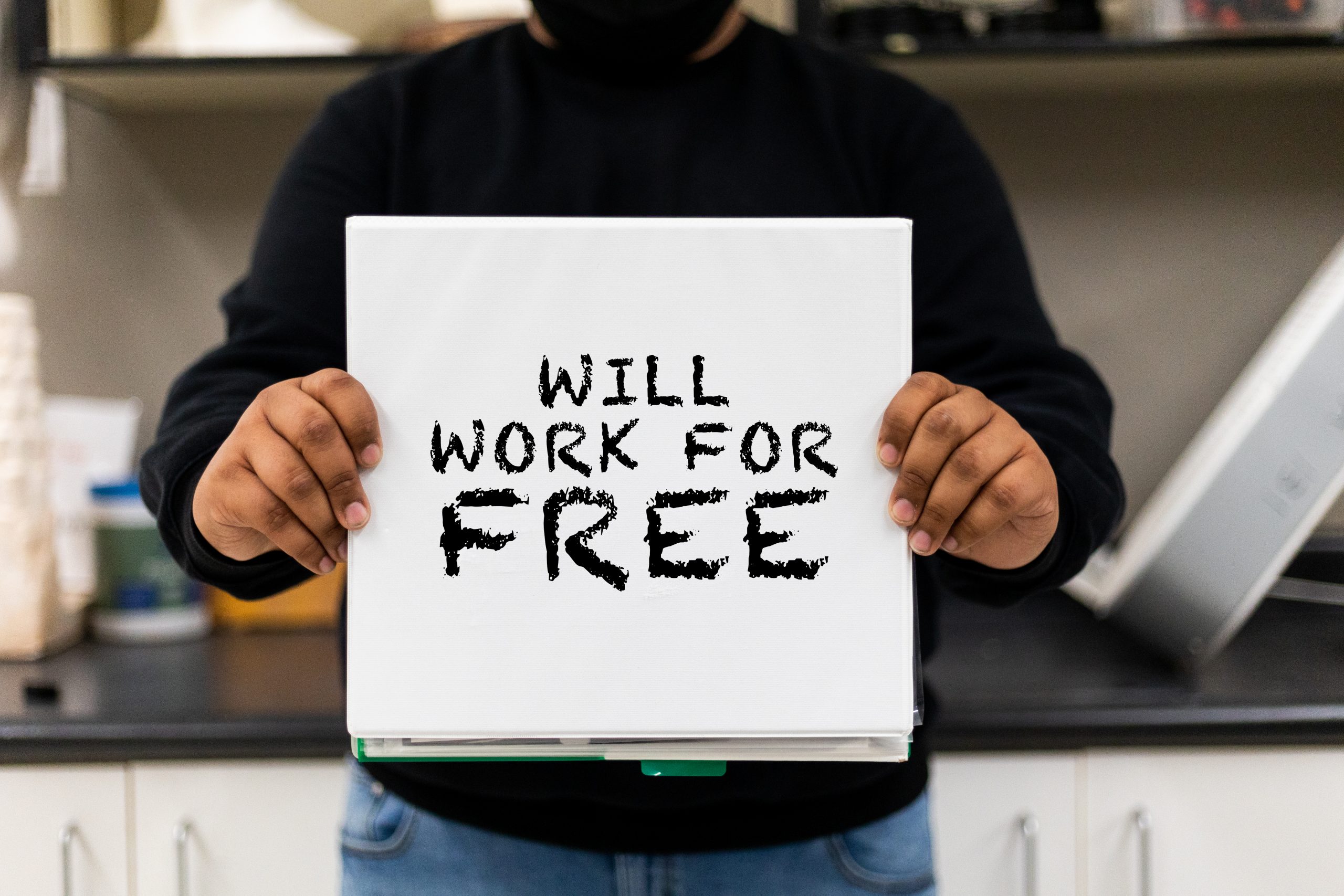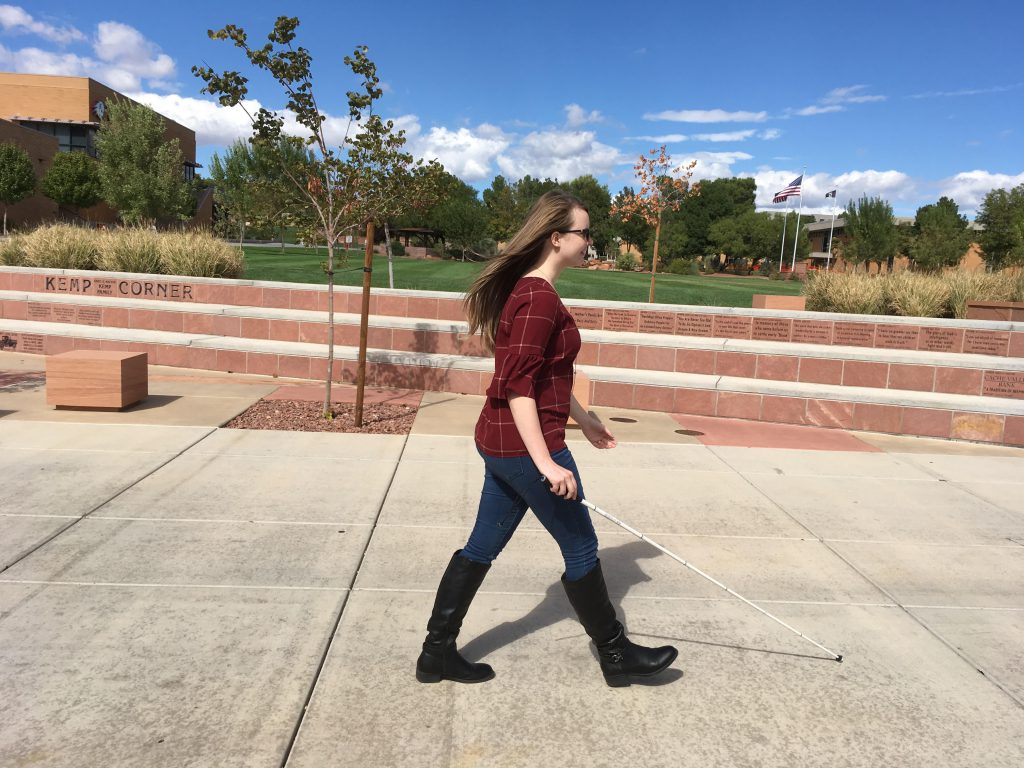Internships are vital in gaining the needed experience in your field of interest before graduating from college, but unpaid internships are unethical.
Employers who hire unpaid interns are just taking advantage of desperate college students in need of work experience, and sadly, 43% of internships are unpaid.
It is disheartening how normalized unpaid internships are. When I got to the point in high school where I started researching colleges and internships, I was under the impression internships were always unpaid. It wasn’t until I met an investigative journalist that I was told to not accept an unpaid internship.
Career Services Coach Gina Gottfredson said employers who offer unpaid internships simply do not have the funds to pay their interns. If a company doesn’t have the money to compensate someone for their work, then they shouldn’t be getting that help.
Not all internships are even beneficial; Gottfredson said there are employers who create an “internship” position that doesn’t offer you opportunities to enhance your skills and experience. Instead, the employer is getting free labor from you to do grunt work like running errands, getting employees coffee or making copies.
Under the Fair Labor Standards Act, The U.S. Department of Labor determined six criteria for employers to follow regarding unpaid interns, according to Fastweb, with one being, “The internship experience is for the benefit of the intern and their formal education, tying in integrated coursework or receipt of academic credit,” meaning that the intern is getting school credit.
Under this criteria, it is ethically OK in certain circumstances. I am currently an intern for the Dixie State University Library and Learning Services Newsletter, which I am receiving course credit for. I average 10 hours of work per week throughout one semester, which is completely reasonable because it compensates me with school credit.
A case that wouldn’t be ethical is if the work still echoes the workload of a full-time job.
I was an intern for a newspaper in Manti last summer that was a full-time paid internship. Thinking about the amount of work I put into that internship, I would not have liked to do that unpaid.
I was writing up to seven articles per week, which consisted of interviewing at least three people for each story, attending various city council and city commissioner meetings, and traveling to surrounding towns, adding up to two hours roundtrip. On top of that, I was paying rent to live there along with my rent at home in St. George.
It would have been difficult to pay for gas, food and two rents without my husband’s pay; imagine that for a single college student who would have to lose their whole income.
Unpaid internships are really only an option for economically advantaged students. How is this fair?
In fact, while researching internships, I came across an ad for an Uber job that stated, “Working an unpaid internship? Make money driving with Uber.” This goes to show that college students are more likely than not going to need a side hustle to be financially stable while working an unpaid internship.
The only section that remotely suggests the workload in the list of criteria for unpaid interns states, “The internship’s duration is limited to the period in which the internship provides the intern with beneficial learning.”
This is too vague and needs to be stricter. That could very well mean a 40-hour per week internship. The employer could work the intern as a full-time employee and not pay them a penny. That’s unacceptable and unreasonable for a college student.
Additionally, Gottfredson said a possible negative outcome of having an unpaid internship on your resume versus a paid internship is it makes you look cheap and shows future employers that you are willing to work for free, which can lead to receiving a lower salary at a future job.
On top of that, internships don’t even guarantee a position at that company.
According to Compare Camp: “Paid internships are 34% more likely to lead to at least one job offer after graduation versus unpaid internships. Among 2019 graduates, 66% of them who went through a paid internship got a job offer. Only 43.7% of graduates with unpaid internships received job offers.”
Don’t get me wrong; I strongly believe in applying for internships in college because it has helped launch my experience forward and prepare me for my future career, but if you can, avoid unpaid internships.
If a college student is going to accept an unpaid internship, it should at least be for limited hours. The criteria should limit an unpaid internship to 15 hours or less per week, regardless of receiving school credit as compensation, so the student can have the option to have a part-time job with an income.




